Mangroves excel at storing climate-warming carbon
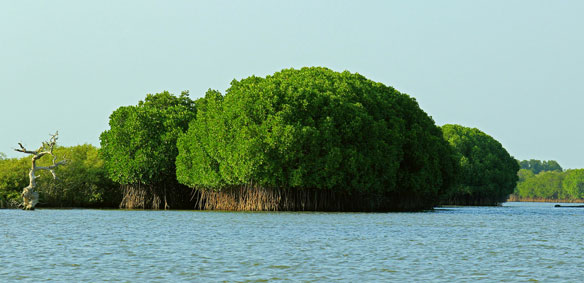
Mangroves store two to four times the carbon that tropical rainforests do. Part of the reason for mangroves’ efficiency in keeping carbon locked away lies in their location in tidal zones, where their roots are often covered with sea water.
New Caledonia’s Lagoon: Better Understanding for Better Protection
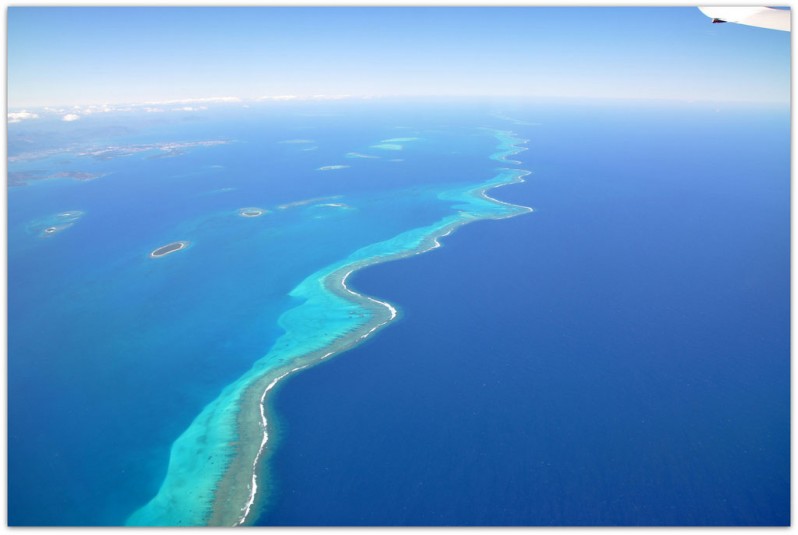
New Caledonia possesses the second largest coral reef lagoon on Earth and harbours an exceptional biodiversity. The island is also the world’s third most important nickel producer. Ore extraction over the 20th Century has in places tripled the input of sediments and accompanying pollutants, such as metals, in the marine environment.
New System Can Warn of Tsunamis Within Minutes?

Seismologists have developed a new system that could be used to warn future populations of an impending tsunami only minutes after the initial earthquake.
Sundarbans’ Tigers Further Pushed Towards Extinction by Rising Sea Levels

An expected sea level rise of 28 cm above 2000 levels may cause the remaining tiger habitat in the Sundarbans to decline by 96 percent, pushing the total population to fewer than 20 breeding tigers, according to a study.
Acid Oceans Demand Greater Reef Care
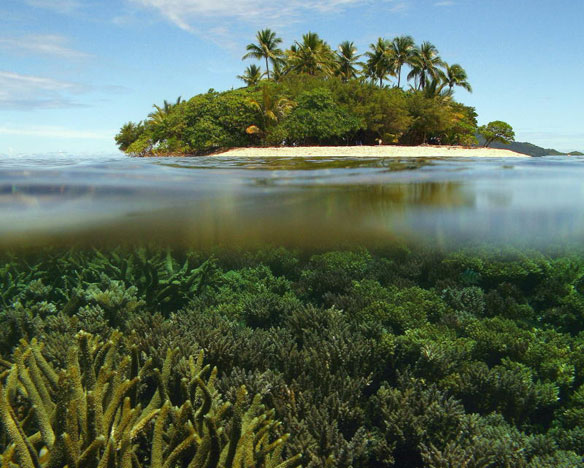
The more humanity acidifies and warms the world’s oceans with carbon emissions, the harder we will have to work to save our coral reefs.
Cyclone Adds to Barrier Reef’s Flood Woes
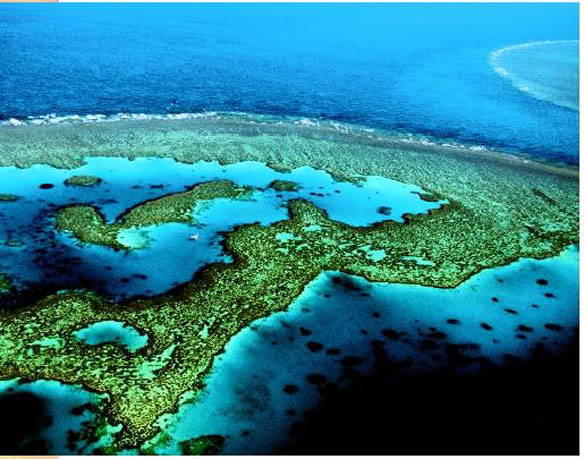
Smashed coral fragments have already begun washing up on Australia northeastern’s beaches.
Jamaica’s Land Reclamation and Coral reefs Damages
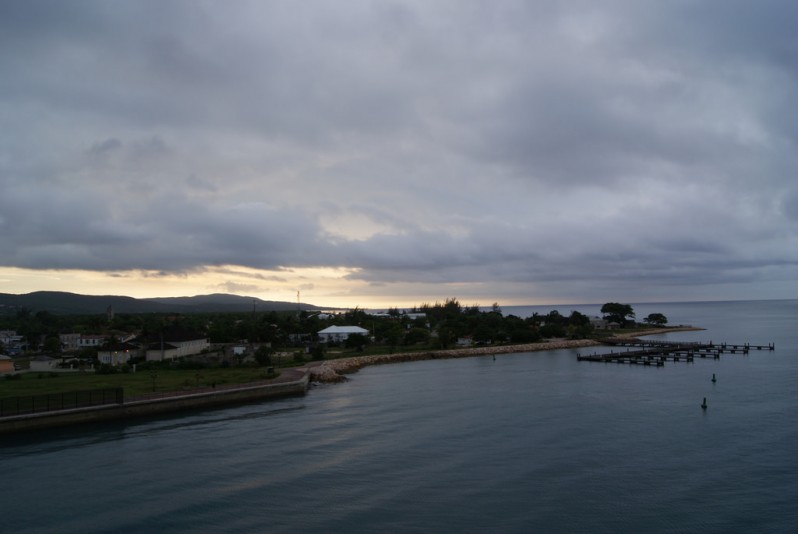
The problem-plagued Historic Falmouth Port has been plunged into a fresh round of controversy as green lobbyists are insisting that 20 hectares of coral and seagrass cover have been damaged due to the development.
Study shows rapid deforestation in Malaysia
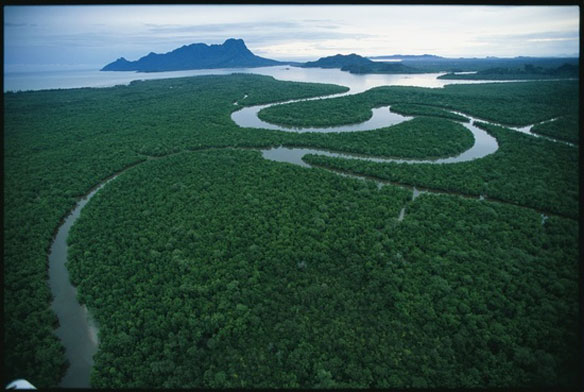
New satellite imagery shows Malaysia is destroying forests more than three times faster than all of Asia combined, and its carbon-rich peat soils of the Sarawak coast are being stripped even faster, according to a study released today.
18 Diving Sites Closed to Save Coral Reefs, Thailand
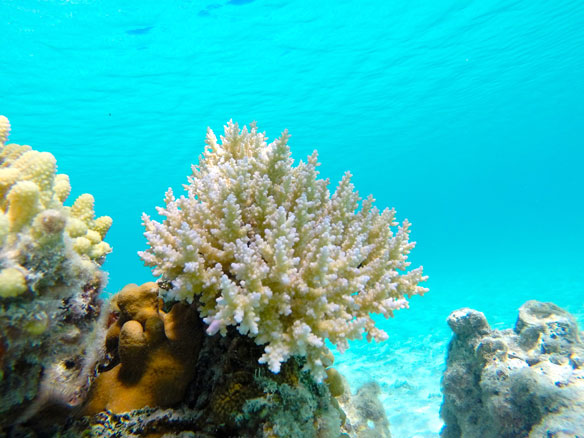
More than 80 percent of the corals at 18 dive sites have undergone bleaching, a symptom of severe stress caused by excessively warm water temperatures. Some of Thailand’s most popular diving sites are now off-limits to tourists for up to 14 months to allow damaged coral to recover.
